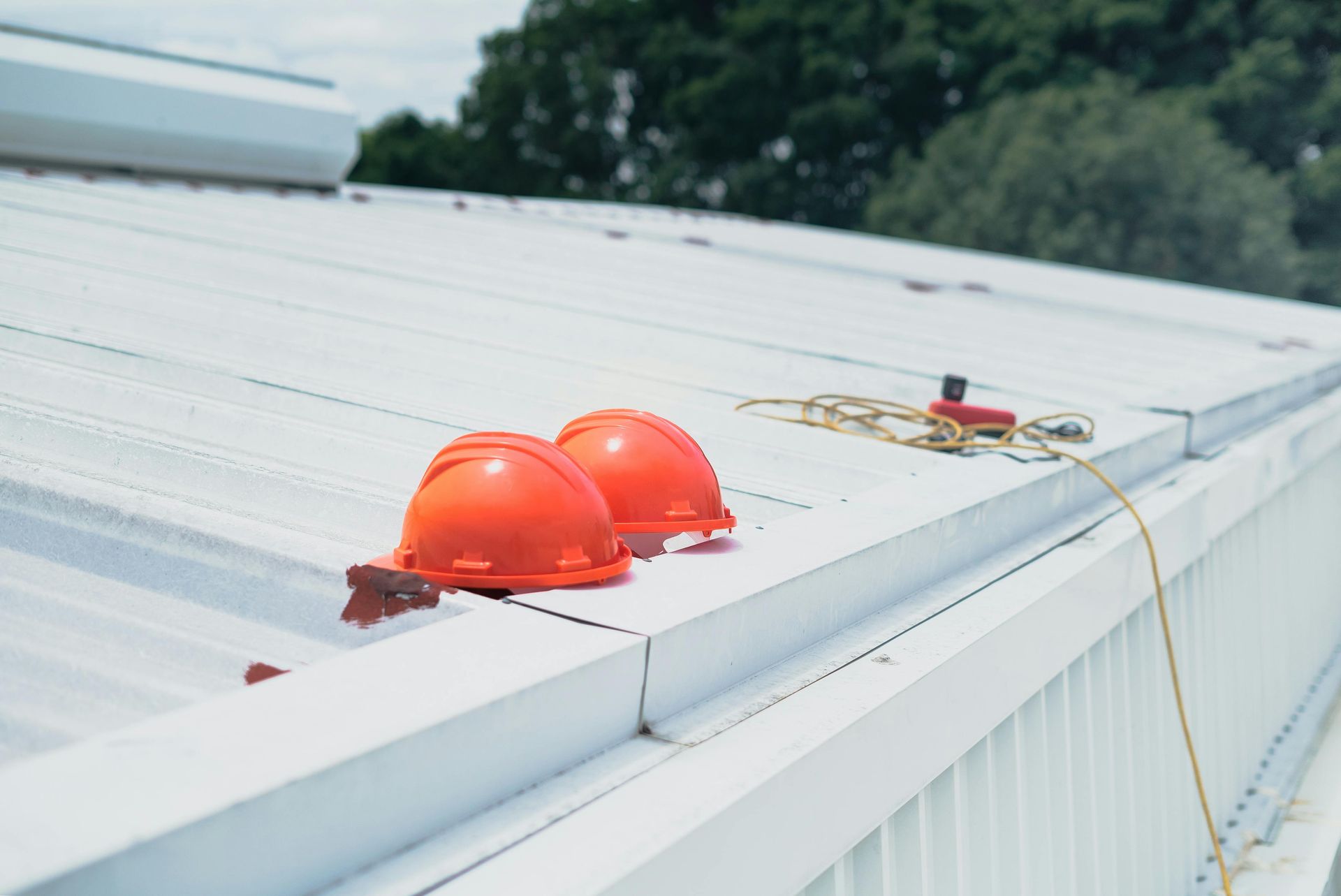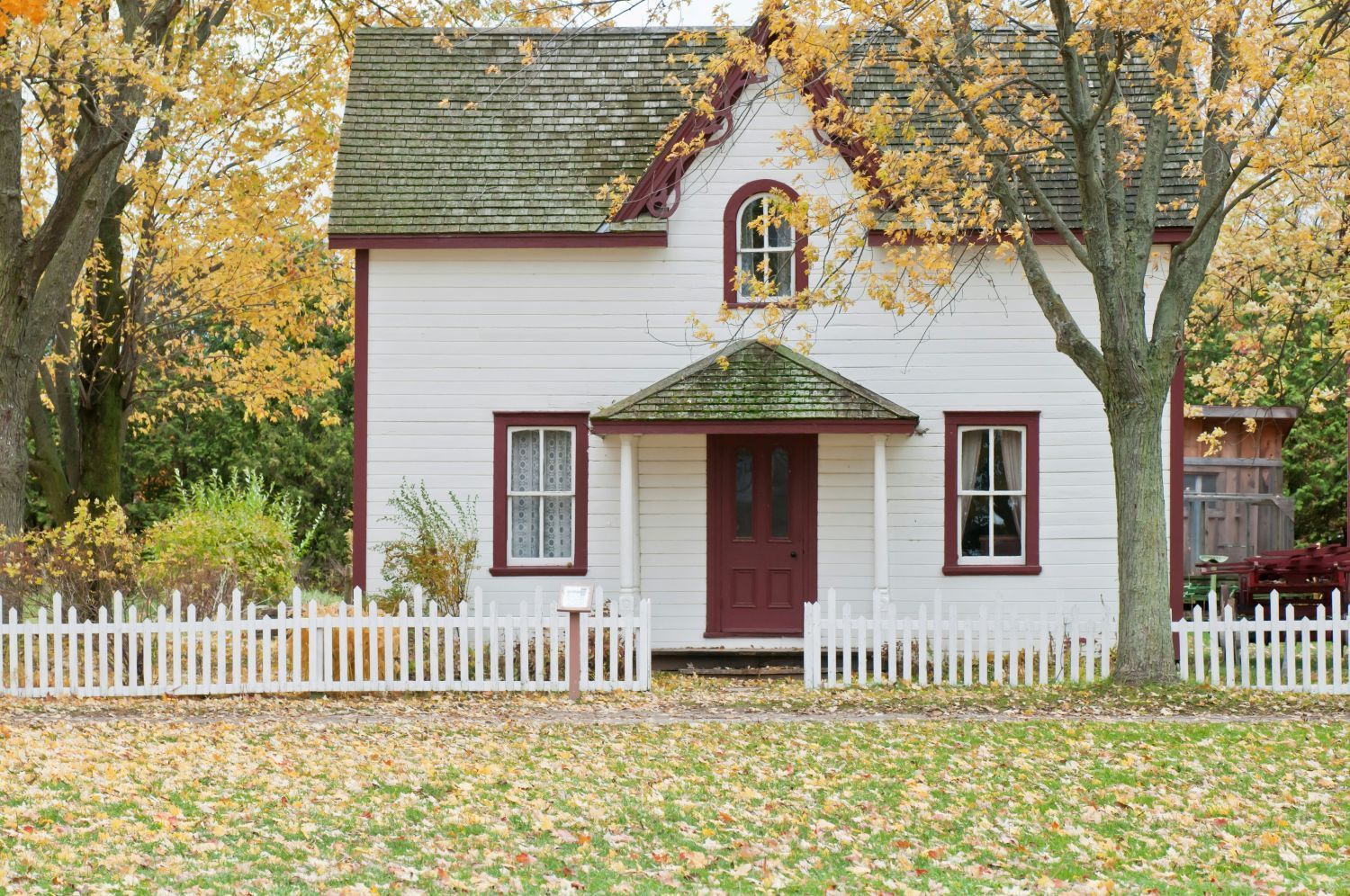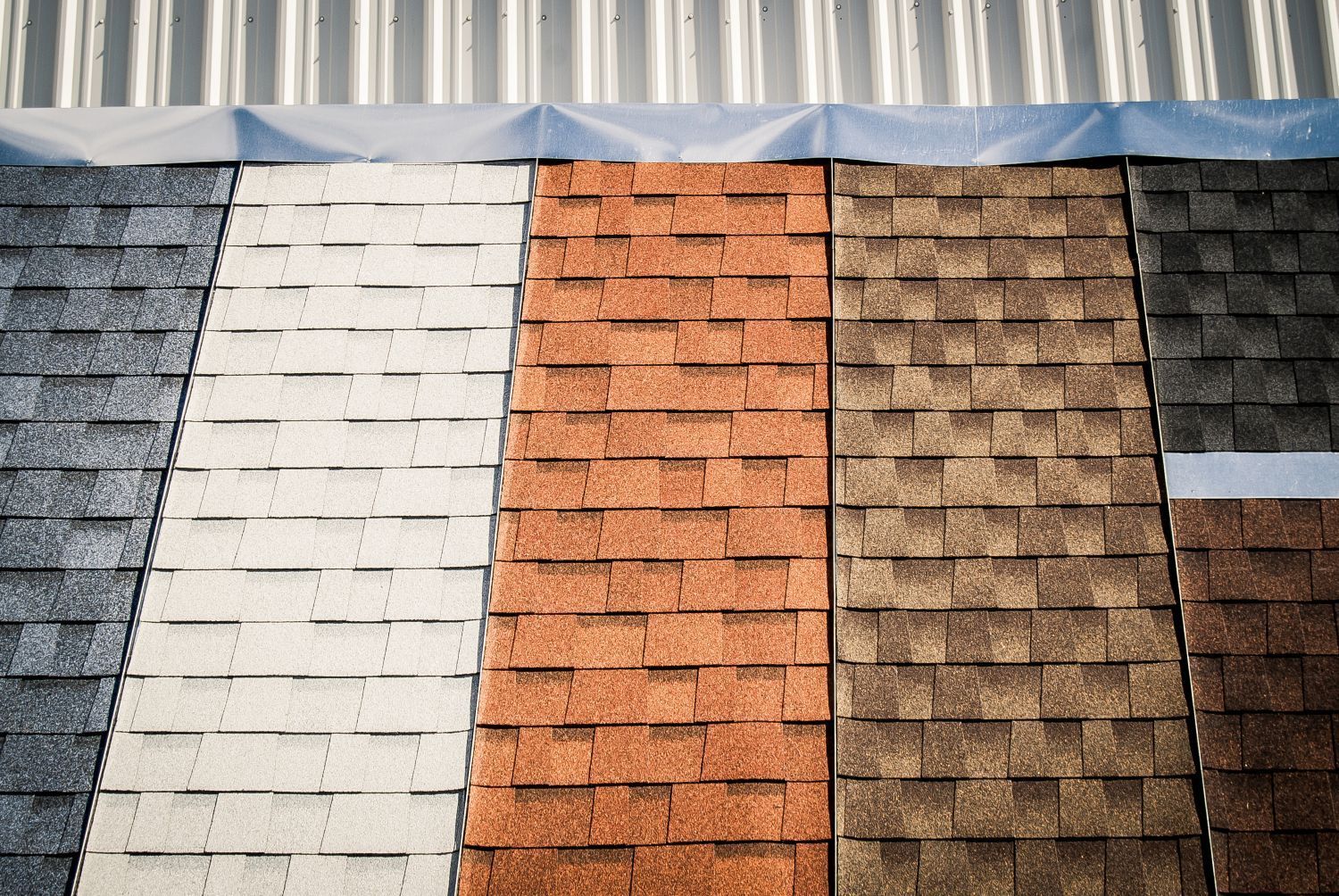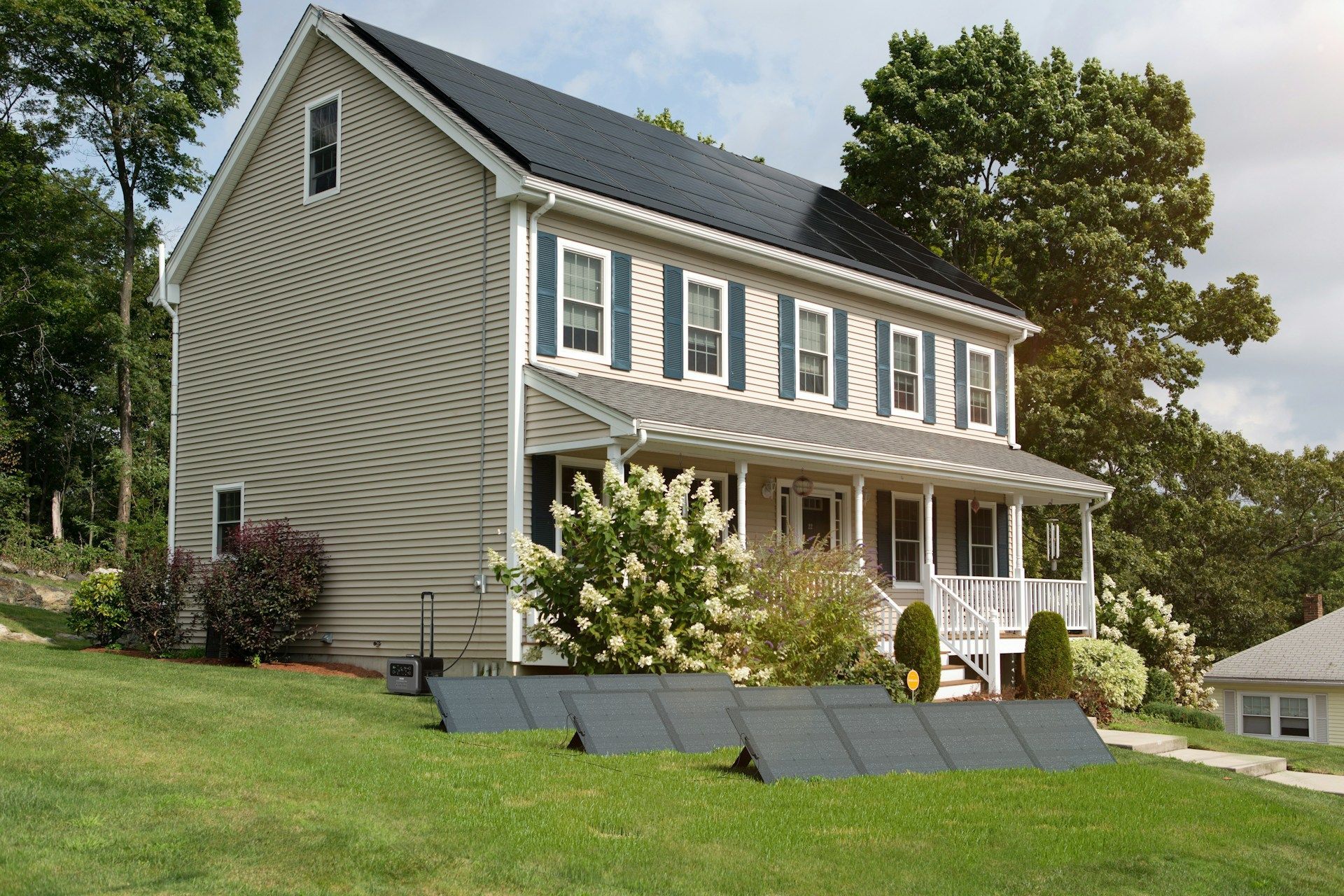The Hidden Tax on Your Roof: How Outdated Zoning is Costing State College Homeowners
How zoning and permits add hidden costs to homeownership

It's a beautiful dream, owning a home in Central Pennsylvania. The charming streets of State College, the historic appeal of Bellefonte, the serene landscapes around Boalsburg—they all offer a wonderful quality of life. But every homeowner knows that maintaining that dream comes with unexpected costs. Beyond the obvious expenses like property taxes and utility bills, there’s a less-talked-about cost that hits you right when you need a major home repair: the hidden tax of outdated or overly complex local zoning and permitting processes.
When your aging roof in Lemont finally gives out and you need a new asphalt roof replacement, you’re often thrown into a world of regulations that can directly impact your budget and timeline. At Stoltzfus Bros Roofing, we’ve been working with homeowners across the region, from Lock Haven to Centre Hall, for years. We’ve seen firsthand how local bureaucracy, while well-intentioned, can create unforeseen expenses that act just like a hidden tax on your necessary home improvement project.
Understanding the Permit Predicament
For a professional roofing contractor, securing the proper permits before starting any major work is standard operating procedure. It’s essential for safety and ensuring the work meets the required building codes. However, the complexity and variability of these processes across different municipalities can be a major hurdle for homeowners.
Imagine you own an older home in a historical district of State College or Bellefonte. You may be required to use specific, high-end roofing materials that mimic the original style, even if modern asphalt shingles—which offer superior durability and warranty—would be a more practical, cost-effective choice. These specific material mandates can add thousands of dollars to your roof replacement cost, turning a standard job into a premium one simply because of a local mandate. This increase is essentially a "tax" on your project—a fee paid in material upgrades required by the local jurisdiction.
Furthermore, the permit application process itself can cause delays. When you have a roof leak in Port Matilda or Pine Grove Mills, time is of the essence. Delays in permit approval—sometimes taking weeks—can leave your home vulnerable to further damage, forcing you to pay for temporary repairs (tarps, emergency patching) that wouldn’t be necessary if the process were more streamlined. The longer the process, the higher the labor costs and the longer you wait for the protection of a new, high-quality roofing system. Dealing with a complex local zoning structure is something we manage daily for our clients.
The Impact of Code Variability on Your Budget
Another factor that drives up the price is the variation in local code compliance from one town to the next. What's required in Pleasant Gap might be different from what's required in Boalsburg. The sheer volume of varying municipal requirements for a residential roofing project can be overwhelming.
For example, a contractor might discover during the teardown of an old roof that the existing roof decking no longer meets current structural building codes. In some areas, this will trigger a requirement for a full deck replacement or reinforcement. While this is necessary for a safe, durable roofing solution, the cost for materials and labor must be absorbed by the homeowner. A less experienced or out-of-town contractor might miss this detail, leading to cheap work and future problems, or a massive unexpected change order. Stoltzfus Bros. specializes in asphalt roofing solutions across this entire Central PA region.
When you work with a local roofing contractor like Stoltzfus Bros Roofing, you benefit from our deep knowledge of these specific local requirements in every community, from Centre Hall to Lock Haven. We factor these known costs into our initial roofing estimate, minimizing those unpleasant surprises that often come with strict code enforcement. We act as your advocate and guide through the bureaucratic maze, ensuring that your residential roofing project adheres to all local laws without unnecessary expense or delay. Our commitment to transparent pricing helps manage your overall roof replacement cost.
Zoning vs. Quality: The Trade-Offs
The fundamental issue is that most zoning and permitting systems are designed for compliance, not for efficiency or modern roof longevity. They were often written decades ago and haven't kept pace with advancements in asphalt roofing technology or installation techniques.
This can sometimes lead to a frustrating trade-off: homeowners are forced to spend money to comply with outdated rules rather than investing that money into a higher-grade material, a more extensive warranty, or better attic ventilation. The money spent on zoning compliance is money that can't be spent on true long-term value, which is why choosing a quality roofing contractor who understands both the job and the regulations is essential for any roof repair or full roof replacement. Our experience working with various local authorities in Mill Hall ensures your project moves forward smoothly.
For your next roof replacement or significant roof repair project, make sure you choose a contractor who understands the local landscape. We specialize in providing durable, high-value asphalt roofing and are committed to transparent pricing that accounts for all local fees and requirements. Don't let the hidden tax of outdated zoning catch you off guard.
If you are a homeowner in State College, Mill Hall, or any surrounding area and are planning a roofing project, let our local knowledge save you time and money. For a clear, transparent roofing quote that accounts for all local requirements, please contact us.




